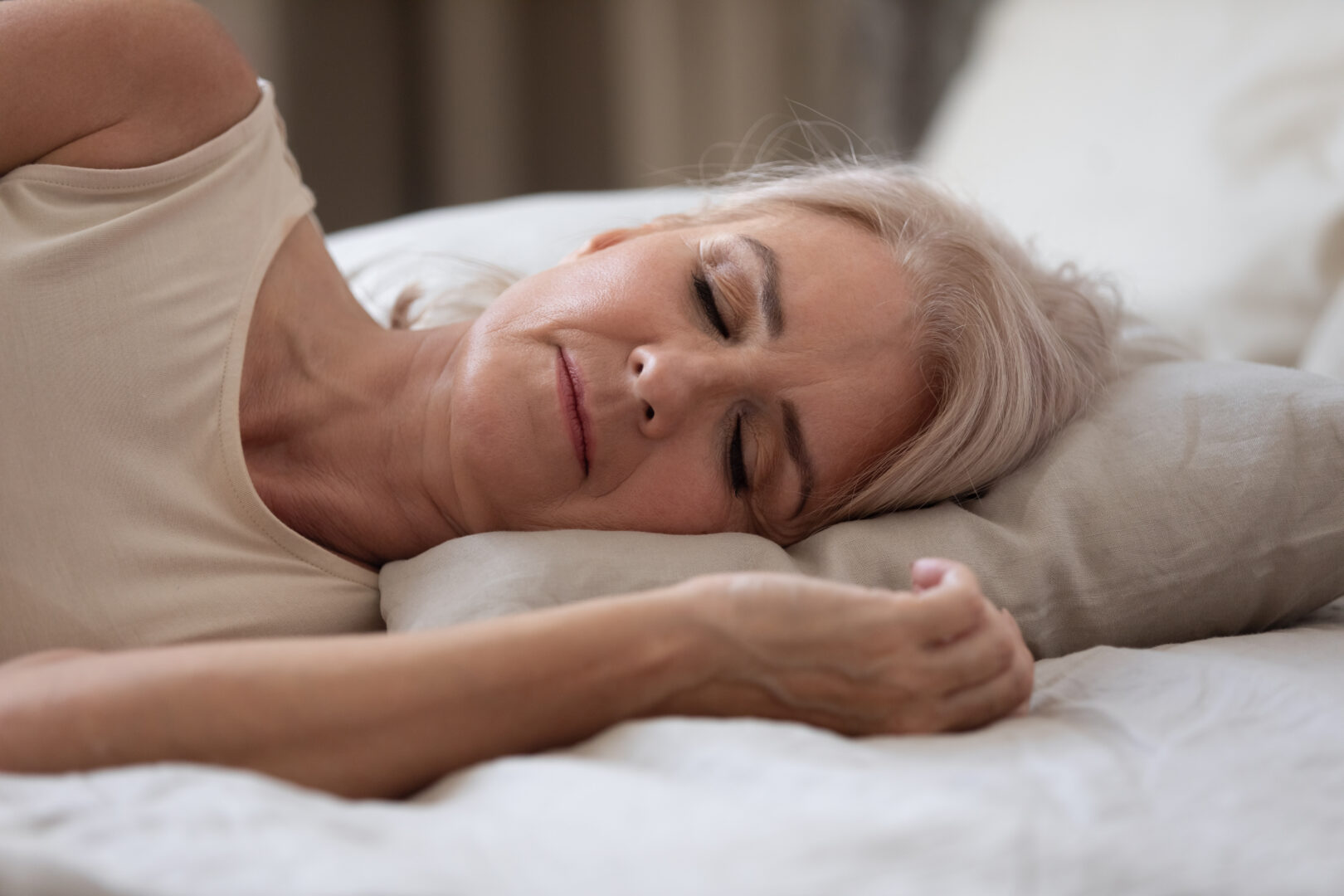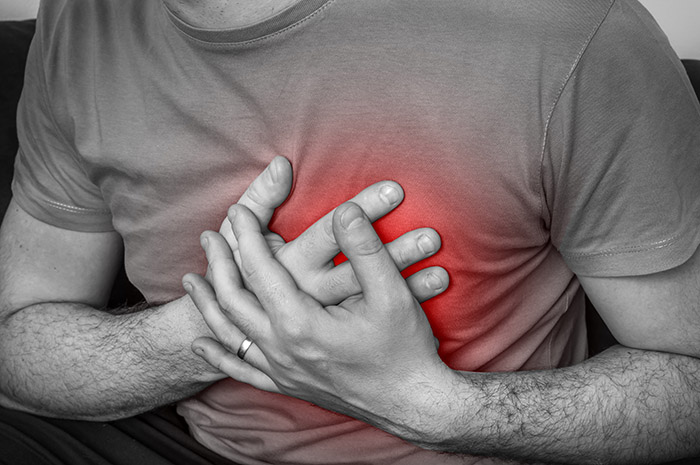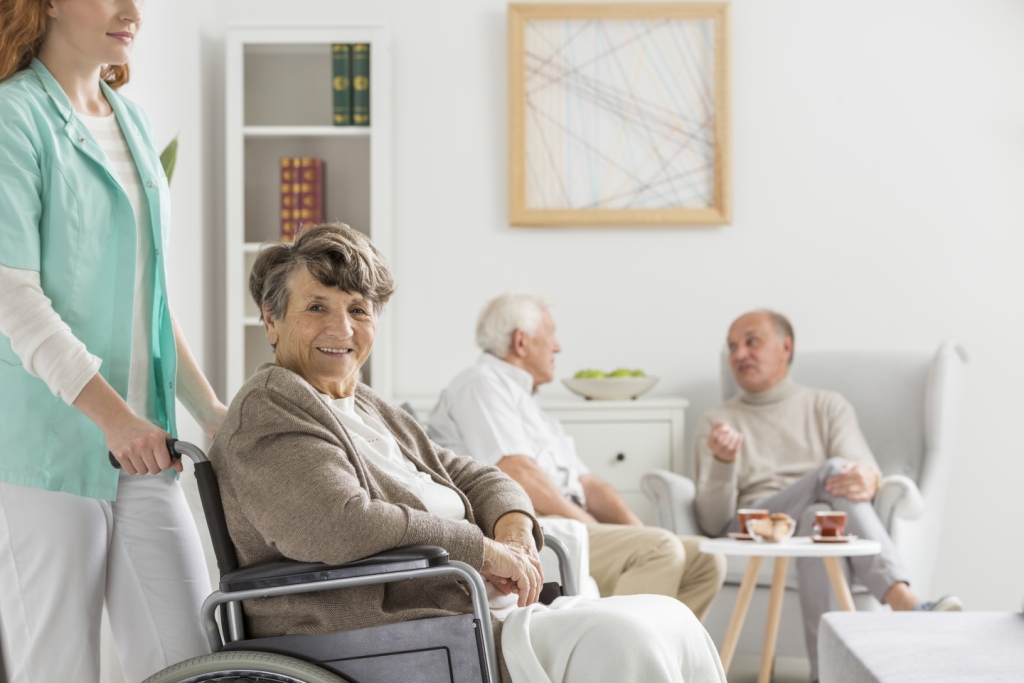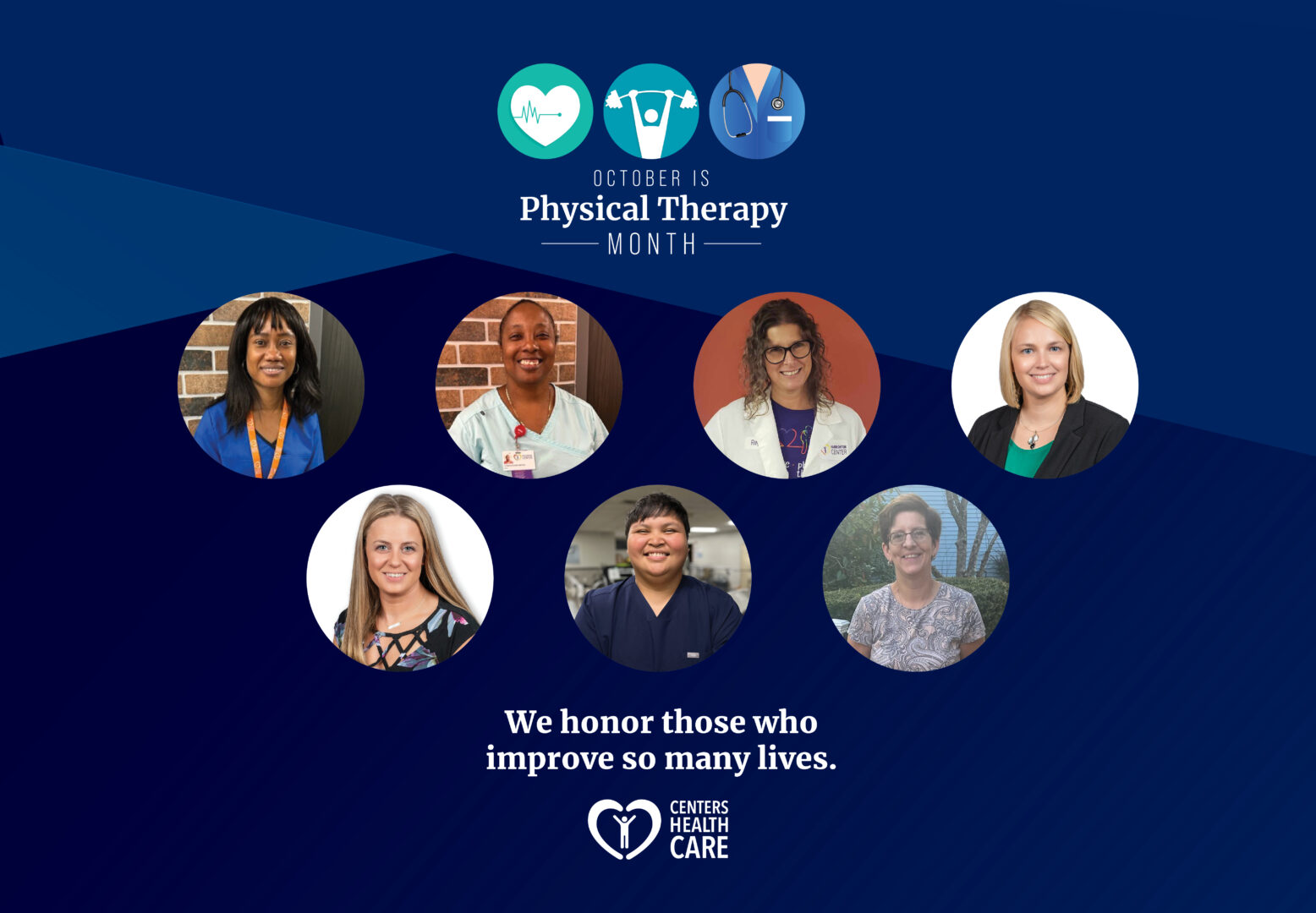Natural Ways to Fall Asleep Without Melatonin

Melatonin use skyrocketed during the COVID-19 pandemic as people’s normal routines were thrown out of whack. While the supplement is a more natural way to help fall asleep and stay asleep, there are some risks associated with long-term use.
While scientists believe you can’t build up a tolerance or chemical dependence to melatonin, there are some psychological impacts at play. Some experts believe melatonin supplements themselves aren’t that effective, but just taking it and thinking that it helps can be enough for someone to be able to fall asleep. Taking it away can have the opposite effect—they may be anxious that they won’t be able to fall asleep without the extra boost.
So falling asleep without any outside aids is your best bet.
- Occasional Melatonin Use is Okay
Doctors say you shouldn’t take melatonin daily for long periods of time, but short-term use is fine. If you do take it, be sure to around 30 minutes before you’re going to lay down. If you wait until closer to bedtime, you may agonize over whether to take it or not, which can affect your ability to sleep.
- Work on Your Sleep Hygiene
Sleep hygiene are habits to develop to put yourself in the best position to sleep well. Have a cool, dark room to sleep in that’s free of distractions, go to bed and wake up at the same time each day, cut caffeine consumption late in the day, and avoid screens before bedtime because the blue light they emit can actually interfere with the body’s natural melatonin production.
- Have a Different Ritual Instead of Melatonin
Instead of popping a melatonin supplement, switch it out for some meditation, a warm bath, or a cup of chamomile tea—totally healthy and natural ways to calm your body and prepare it for sleep.
- Talk to a Professional
If you’re relying on melatonin or other sleep aids, it could be masking a larger problem like sleep apnea, anxiety, or depression. Talk to your doctor if you are concerned about how you sleep, as there are strategies that are useful for treating insomnia.


